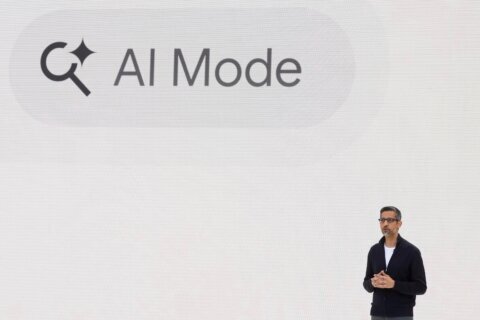WASHINGTON — The idea of speeding commutes in an airborne car is both exciting and terrifying, according to a new survey that could “inform the decisions of designers and regulators of the initial generation of flying cars.”
The survey, by Michael Sivak and Brandon Schoettle, with University of Michigan Sustainable Worldwide Transportation, found three-quarters of respondents ranked shorter travel time as the most likely benefit of a flying car.
Yet, three-fifths of those asked acknowledged being “very concerned” about the overall safety of flying cars.
Even more respondents considered having a parachute for the flying car, rather than its individual occupants, to be either “extremely important” or “very important.”
While flying cars once existed solely in science fiction and The Jetsons cartoons, established companies such as Airbus and several start-ups are dedicating resources to developing vehicles that can fly.
In the survey of public opinion, most would want flying cars to be able to take off and land vertically, like a helicopter, rather than horizontally, like an airplane.
A seating capacity of three to four was the most preferred option.
More than 90 percent of those asked question how safely flying cars could perform in congested airspace.
A majority would prefer the source of energy to be electricity, and cite 400 miles as a reasonable minimum range for flying cars before needing to be refueled or recharged.
Just over half of the respondents said they would be “definitely” interested in 20 hours of flight-training hours. Men were more interested than women in training, with interest decreasing with increasing age.
More people surveyed would rather use a fully autonomous flying car — either self-driving or self-flying — than ride with a professional with an appropriate pilot license.
In judging the affordability of flying cars, about a quarter of those asked said a price range of $100,000 to $200,000 would be “definitely affordable,” and a third considered flying-car insurance costing twice their current car insurance to be affordable.
The survey involved 508 adults in the U.S. and was done online.








